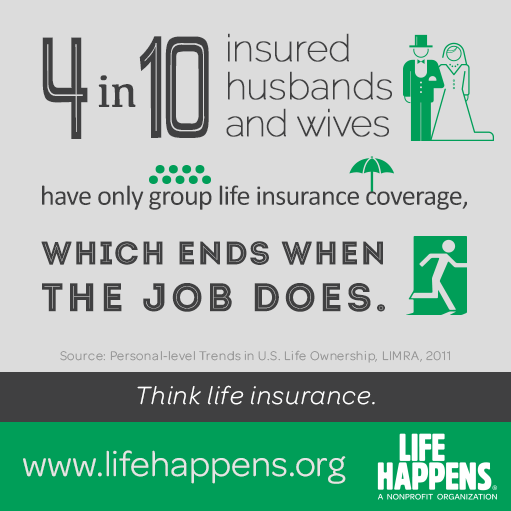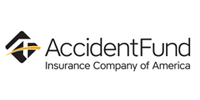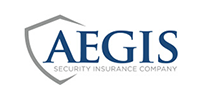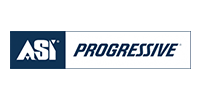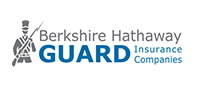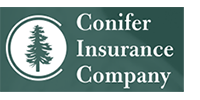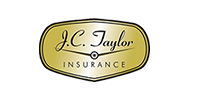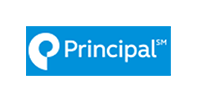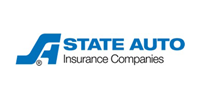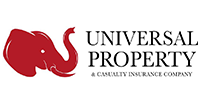Protecting your business with the right insurance coverage is crucial, and commercial excess liability insurance can play a vital role in ensuring comprehensive protection. While a commercial general liability policy provides a solid foundation, it may have limitations when it comes to handling high-cost claims – this is where commercial excess liability insurance comes in. Let’s discuss what commercial excess liability insurance is and determine how it could help protect your business.
What is Commercial Excess Liability Insurance?
Commercial excess liability insurance, otherwise known as excess liability coverage or commercial excess liability insurance, is a type of insurance that extends the limits of an existing commercial general liability insurance policy. This means that the terms of the original plan don’t change, but rather this insurance provides a higher dollar limit to safeguard your business in case a claim exceeds the amount of your existing policy.
The most significant advantage of a commercial excess liability policy is the increased coverage limits it offers. By adding an excess liability policy to your existing insurance, you significantly enhance your protection against high-cost claims, which could provide a financial cushion for your business. For instance, if you have a general liability policy with a $1 million limit and add an excess liability policy with a $2 million limit, your total coverage limit would be $3 million.
This kind of additional coverage can be essential to ensuring your business can weather a potentially disastrous payout that may otherwise overwhelm your business’s available funds. Maintaining commercial excess insurance is an investment in the long-term health of your business by establishing a financial safety net for a worst-case scenario.
What does excess liability insurance cover?
As mentioned above, commercial excess liability insurance acts as an extension of an existing commercial liability plan, so the terms of coverage remain the same as the original plan’s terms. That being said, this type of insurance is most often utilized for the following types of policies:
- General liability insurance – This type of insurance covers bodily and personal injury, property damage, and any associated legal costs that might result from these claims.
- Commercial auto insurance – This insurance covers any injuries that might occur from driving a vehicle for company purposes.
- Employer’s liability insurance – This insurance covers employer injury or illnesses that aren’t a part of workers’ compensation.
Does my business need excess liability coverage?
While all businesses should have some form of commercial insurance for worst-case scenarios, whether your business needs excess liability insurance depends on these questions:
- Does your business participate in high-risk activities, like construction?
- Are you confident your liquid assets will be sufficient to cover your company in case of large payouts?
As with all forms of insurance, excess liability coverage is an investment in protecting your business from the unknown. If there’s a possibility that your existing commercial liability insurance will be insufficient to cover your business, then you should consider purchasing excess liability insurance.
Conclusion
Investing in the long-term health of your business is money well spent for a business that intends on thriving well into the future, and PKIG is ready to help you find the best possible price on your excess liability coverage. With our extensive network of providers, you can compare a variety of plans to find the best coverage for your business without being stuck with any single company’s pricing and coverage options.
Contact PKIG today to partner with a reliable insurance provider that understands the unique challenges your business may face. With PKIG, you can rest assured knowing that your insurance coverage remains optimal and that your business is well-protected against potential risks and claims.



